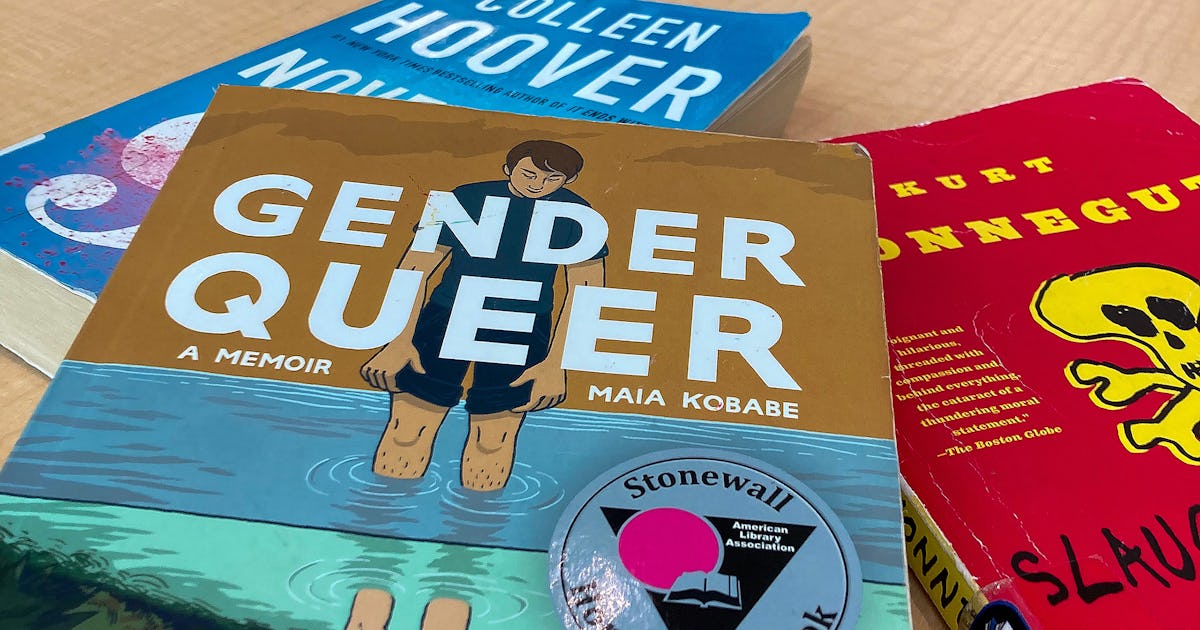Since 2016, challenges facing books in schools and public libraries have increased dramatically. There has been a dizzying 128% increase in such challenges between 2021 and 2023, which often target people from marginalized communities and material written by people from marginalized communities.
In states like Texas and Florida, legislation often classified as “book bans” gives license to those who seek to keep materials out of the public’s reach, and has prompted outcry from teachers and librarians — They are subject to legal threats for not complying with these prohibitions. But some states are moving in the opposite direction.
On December 9, New Jersey became the third state to enact a book ban.
The Free to Read Act, signed into law by Gov. Phil Murphy (D) on Monday, sets out requirements for library materials in public school libraries and public libraries as well as protections and legal consequences for librarians. Under the new law, boards of education and public library boards cannot exclude library materials because of the material itself or the author/creator’s “source, background, or point of view.” Librarians are immune from civil and criminal liability for “acting in good faith to comply with legal requirements” and are prohibited from engaging in censorship (defined as blocking or suppressing material). Students and residents are expressly granted access to “any developmentally appropriate library materials.”
“[This law] will ensure that generations of New Jersey children can continue to discover the wonders that await them in the books all around us,” Murphy said at a signing ceremony for the law in Princeton. He continued, “Putting books on the shelves of our libraries is also critical to ensuring that every child in New Jersey, regardless of zip code or economic status, has free access to a new world of knowledge discovery.”
This includes books with different perspectives, he noted. He praised the new legislation not only as an important protection for students, educators and librarians, but also as an important tool for parents to be “active partners every step of their children’s educational and intellectual development.”
In 2023, schools and libraries across the country made 938 attempts to challenge 4,240 unique books, a grim new record, according to the American Library Association (ALA). The most attempts came from Florida and Texas. New Jersey had 14 attempts at the 28-book challenge. Nationally, books representing LGBTQIA+ and BIPOC individuals, communities and lived experiences accounted for 47% of target titles.
Martha Hixon, a retired New Jersey school librarian who attended the Free to Read Act signing ceremony and was the target of a violent harassment campaign that began in 2021. Five books — her school district deemed appropriate — feature LGBTQ+ themes and characters.
“I am certainly not the only victim of these politically motivated attacks; the students I serve feel the pain, too,” she told the gathered crowd. “When books describing their life experiences are called ‘disgusting,’ ‘obscene’ and ‘depraved,’ students realize these insults are directed at them, too.”
“All this has created a climate of fear across the country,” she continued, noting that librarians and teachers have begun self-censoring books in their collections to avoid becoming the target of public outrage. “Our own fears would censor the material so book banners don’t have to.”
While the atmosphere at the signing was optimistic, there was also an air of caution.
“I stand here as a proud New Jerseyan, but as an American with a heavy heart,” Murphy said. “I couldn’t be prouder of what we did today, I couldn’t be prouder of what we did.” … But sadly, as now it’s about to once again become the federal government and the Supreme Court of the United States, they matter more than ever to, on the other hand, which state you live in… Our values will not be immune from attack.




